|
LAST SUPPER - PAGE 8
|
Zeus / Jupiter |
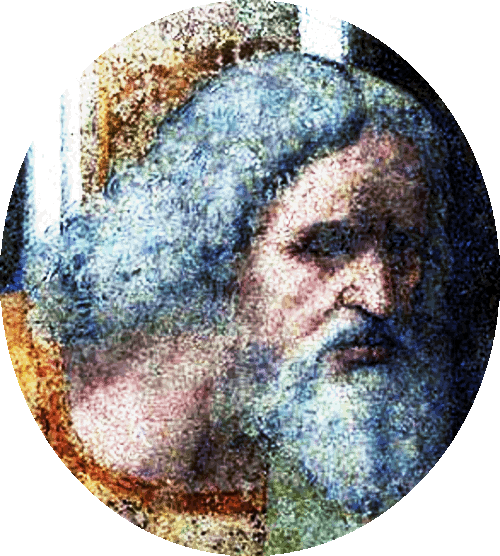
Zeus, king of the gods |
- Zeus was the sky and thunder god in Greek mythology and
was king of the gods on Mount Olympus.
- He was a protector
of both gods and men.
- Zeus was known as the 'Lord of Justice'
and the patron of hospitality and guests, the keeper of oaths
and 'Soter' (Savior).
- Youngest son of Cronus (one
of the 12 Titans) and
Rhea.
- Zeus' symbols are the thunderbolt, eagle, bull, and oak.
- Zeus had eight wives, Hera, Metis, Themys, Eurynome, Demeter, Mnemosyne, Leto and Maia, although only Hera was known to be his legal wife.
- In Roman times, Zeus, became Jupiter and Hera became Juno.
- Jupiter usurped the function of women as mothers when he gave birth to Minerva directly from his forehead (mind).
- During the Sumerian period, he was represented by the god
Marduk who slayed his mother, Tiamat.
- The Egyptians
called him Amon-Ra.
- Zeus Greek God Bearded Face Mask & Neck Gaiter - Washable and Reusable.
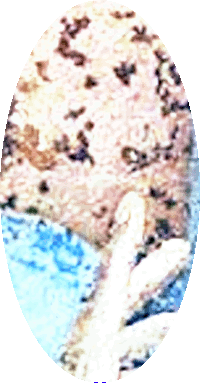
Ancient text |
- Biblical disciples Barnabas and Paul were mistaken for
Zeus and Hermes.
- In their idolatry, Hermes was the messenger of Zeus. Since Paul was the chief speaker, they thought Paul was the messenger for Barnabas, whom they thought was Zeus.
- Paul and Barnabas were outraged and anguished that a work of God was being credited to them and that people were about to worship them.
Barnabas they called Zeus, and Paul they called Hermes because he was the chief speaker. The priest of Zeus, whose temple was just outside the city, brought bulls and wreaths to the city gates because he and the crowd wanted to offer sacrifices to them.
(Acts 14:12-15)
|
- The disciples wanted the people to know that they
were worshiping idols and that instead, the disciples
represented the 'living god.'
|
But when the apostles Barnabas and Paul heard of this, they tore their clothes and rushed out into the crowd, shouting: “Friends, why are you doing this? We too are only human, like you. We are bringing you good news, telling you to turn from these worthless things to the living God, who made the heavens and the earth and the sea and everything in them. (Acts 14:12-15)
|
|
Jupiter |
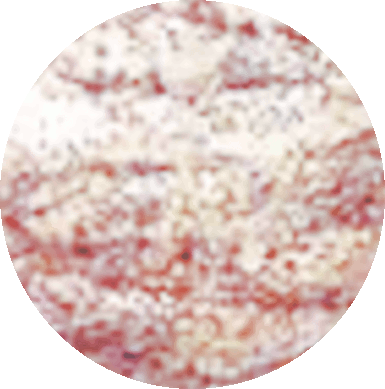
5th planet from the Sun
|
- Jupiter's stripes and swirls are actually cold, windy clouds of ammonia and water, floating in an atmosphere of hydrogen and helium.
- Biggest planet in the solar system.
- In Tarot, Jupiter
represents growth, expansion, luck and higher learning.
- Jupiter in the Tarot is primarily linked to the Wheel of Fortune, and because this planet rules Sagittarius,
it is also associated with Temperance.
- Jupiter represents
positive energy but it also can mean setbacks and challenges;
the Wheel of Fortune means perpetual unavoidable change.
-
Trump X.
- In astrology Jupiter is known as the 'Greater Benefic'
which the most positive vibration in the celestial sphere. Rules
the 9th house ( higher learning) which represents spirituality,
philosophy and media relations; linked to zodiac sign
Sagattarius.
- Huge presence in pop culture.
Then the priest of Jupiter, which was before their city, brought oxen and garlands unto the gates, and would have done sacrifice with the people. (Acts 14:13)
|
|
Silver Age/Race |
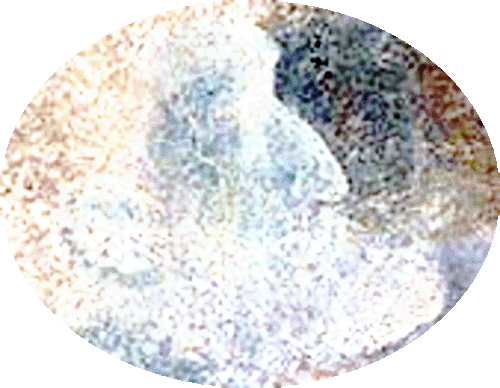
Silver
Iceman |
- Zeus, who was born of the Golden Age, created the Silver, Bronze, and Iron
Ages.
- A necessity after the fall of the Golden Age.
- Zeus caused this generation of man to be created as vastly inferior to the gods in appearance and wisdom.
Roses have thorns, and silver fountains mud;
Clouds and eclipses stain both moon and sun,
And loathsome canker lies in sweetest bud.
All men make faults. (Shakespeare, Sonnet 35)
|
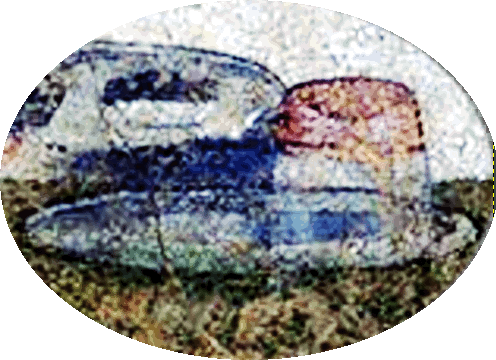
Law and order bot |
- Gaia and Uranus didn't want any of the external gods to take
control except grandson Zeus because he performed both good and evil
for them on Earth.
- Zeus was the boss of law and order on Earth.
But all things must be done properly and in an
orderly manner. (1 Corinthians 14:40)
|
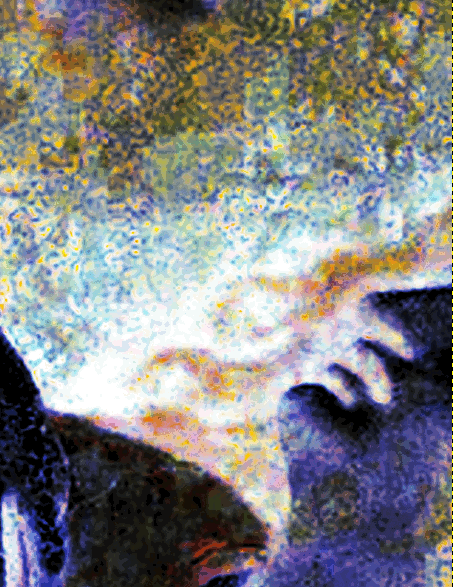
Tartarus (The Abyss) |
- In a war called the Titanomachy, Zeus and his older
siblings, with the help of the Hecatoncheires and Cyclopes, overthrew Cronus and the other Titans.
- In the Bible, Tartarus is not a noun (place), but
instead, a verb (action).
For if God did not spare the angels who sinned, but cast them down to hell and delivered them into chains of darkness, to be reserved for judgment. (2 Peter 2:4)
|
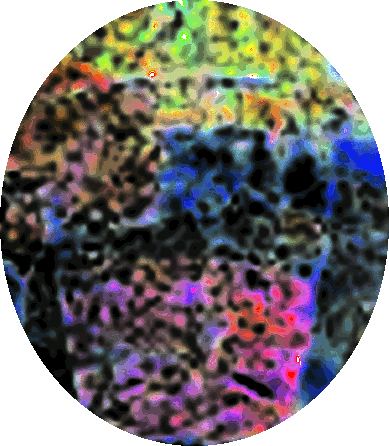
Nectar and ambrosia |
- Zeus released the Hundred Handers, who Gaia imprisoned
beneath the earth, and fed them nectar and
ambrosia to get them to fight with him against the Titans.
- For the Greeks, ambrosia was the food of gods and gave them
eternal youth and immortality.
- In the Bible, ambrosia was
connected to the fruit of the Tree of Life and immortality.
Who satisfies your years with good things, So that
your youth is renewed like the eagle. (Psalm 103:5)
|
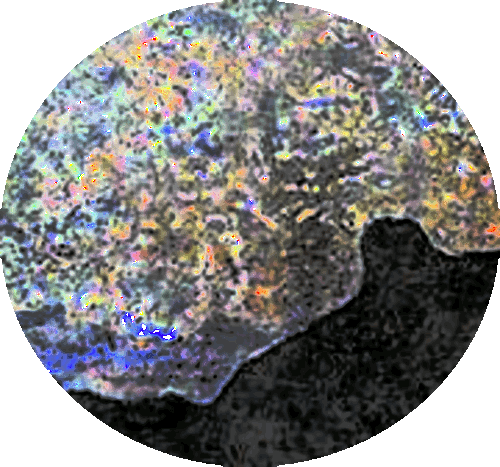
Mount Olympus at sunset after the final barrage |
-
Zeus and the Olympians fought from Mount Olympus, and the Titans
fought from Mount Othrys.
- In the final barrage, Zeus
threw bolts of lightning at the Titans and the Hundred Handers
threw rocks.
-
After Zeus overthrew his father Cronus, he
imprisoned him and many other Titans in Tartarus.
According to the Greek poet Homer, heaven was located on the summit of Olympus, the highest mountain in Greece and the logical home for a weather god. The other members of the pantheon resided there with Zeus and were subject to his will.
From his exalted position atop Mount Olympus Zeus was thought to omnisciently observe the affairs of men, seeing everything, governing all, and rewarding good conduct and punishing evil. Besides dispensing justice—he had a strong connection with his daughter Dike (Justice)—Zeus was the protector of cities, the home, property, strangers, guests, and supplicants. (britannica.com)
|
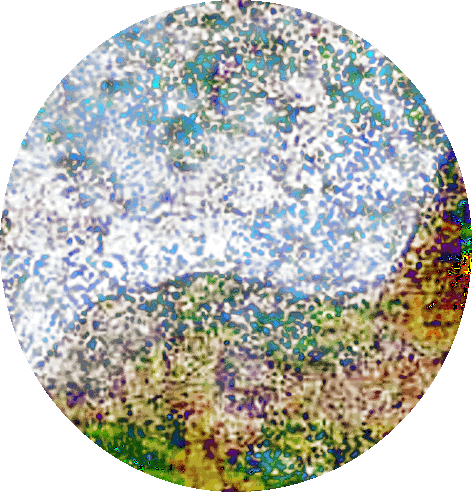
Air-plane |
- Zeus shared
the world with his brothers, Poseidon and Hades, by drawing
lots.
Zeus receives the sky, Poseidon the sea, and Hades
the underworld, with the earth and Olympus remaining
common ground. (Wikipedia)
|
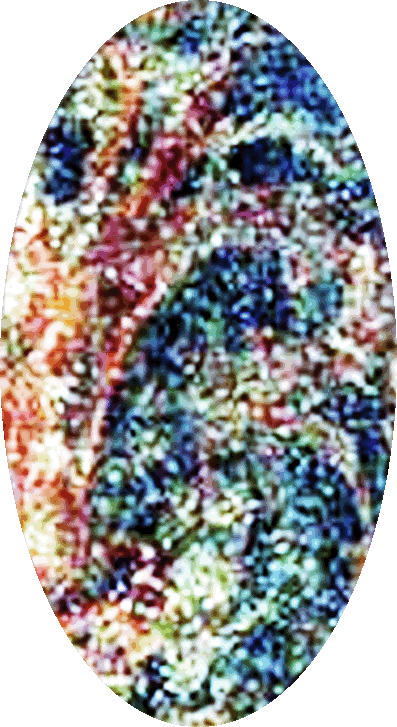
Typhon storm |
- Gaia
gave birth to the monster Typhon to claim revenge for the imprisoned Titans.
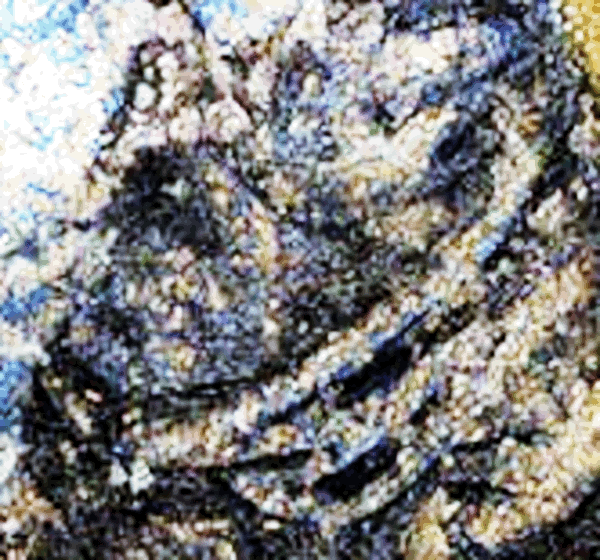
Hecatoncheires give Zeus thunderbolts |
- After freeing his 5 siblings, Zeus freed the Cyclopes and the Hecatoncheires,
who gave him his thunderbolt, as well as Poseidon's trident, and Hades' helm of darkness.
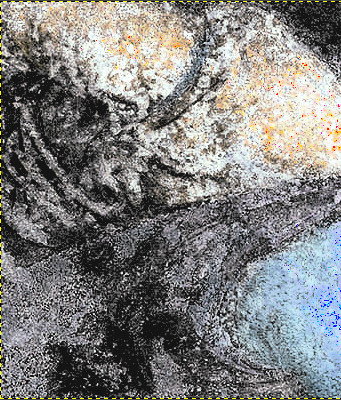
Zeus as charging bull |
- Zeus, took the form of a bull when he carried off Europa, a Phoenician princess.
- Europa was kidnapped by Zeus and once she climbed on his back, he carried her away.
- He appeared in the guise of a swan in order to attract Leda, wife of
the king of Sparta.
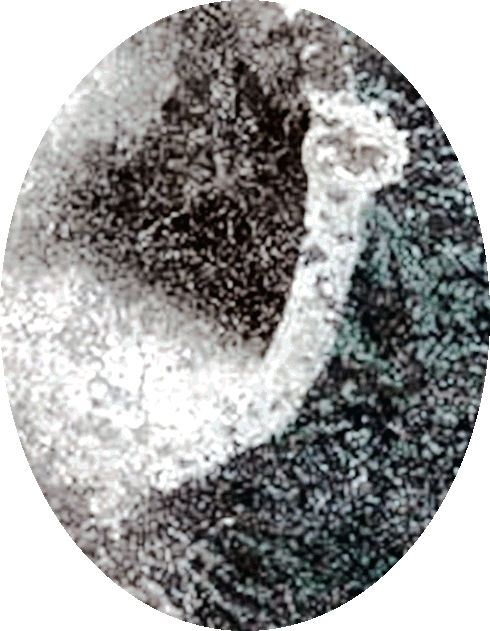
Zeus in the form of a Swan |
- Leda and the Swan.
- Zeus, in the form of a swan, seduces or rapes Leda, a Spartan queen.
- She was the wife of King Tyndareus.
- Leda laid two
eggs, from two different masculines: King Tyndareus and Zeus.
-
Consent by Leda to the relationship seems to vary considerably
in mythology.
- Roman artists depicted racy scenes between
Leda and the Swan; something they could not show between
humans.
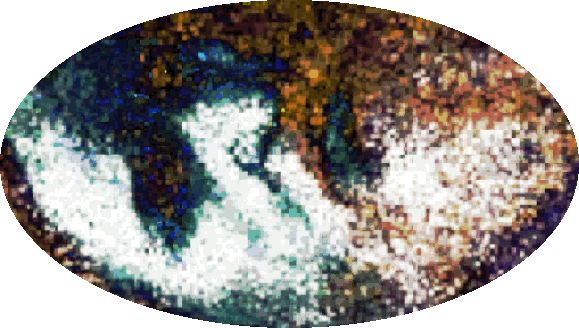
Zeus and Hera rape |
- Hera was raped by her brother (and later husband) Zeus.
- Io was pursued and eventually raped by Zeus and transformed into a heifer.
- Leda was raped by Zeus in the form of a swan and this resulted in the birth of Helen of Troy and Polydeuces (Pollux).
Leda bore Helen and Polydeuces, children of Zeus, while at the same time bearing Castor and Clytemnestra, children of her husband Tyndareus, the King of Sparta. (Wikipedia)
|
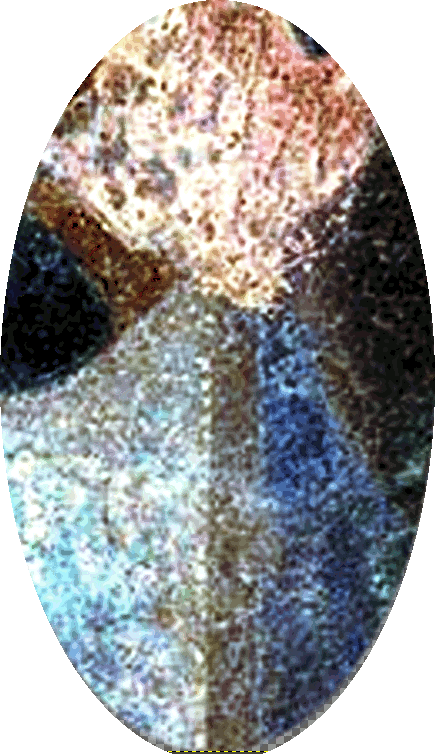
Volcano fire on Jupiter |
- Prometheus, a bringer of fire and technology, was punished into eternal torture
by Zeus for stealing fire from the gods and giving it to the people.
|
The Titaness Metis |
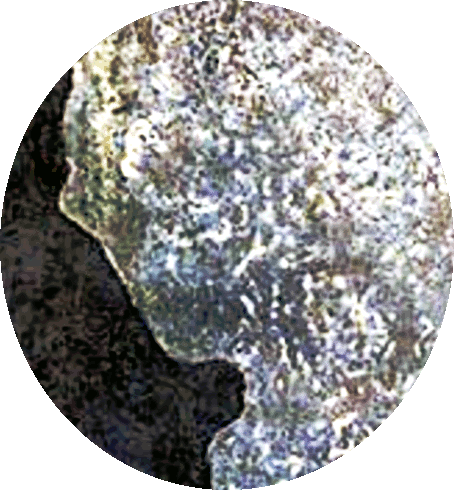
Wise counsel |
- Zeus made the Titaness Metis (Wise Counsel) his wife first, and she was wisest among gods and mortal men.
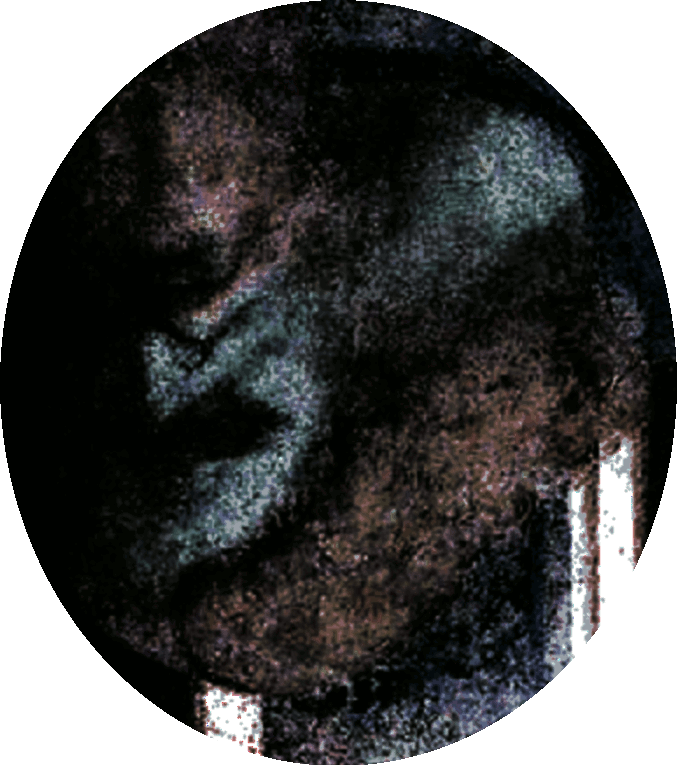
Metis awakes from dream about Zeus |
- Metis was fully aware that Zeus deceived her and laid with lacuna, daughter of Okeanos and Tethys.
- Metis
bore very wise children, first the maiden Tritogeneia(Athena), equal to her father
Zeus in strength and in wise understanding; and later she bore a son of overbearing spirit, king of gods and men.
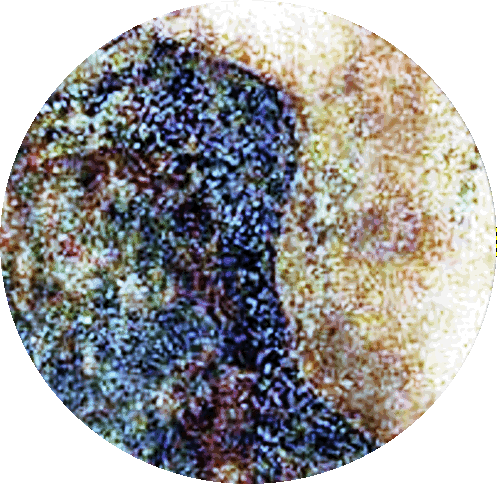
Zeus had many loves |
- Zeus had many loves who were both goddesses and mortal women, which resulted in the births of younger deities and heroes;
including Apollo,
Artemis, Hermes, Persephone, Dionysus, Perseus, Heracles,
Helen of Troy, Minos, and the Muses (Wikipedia).
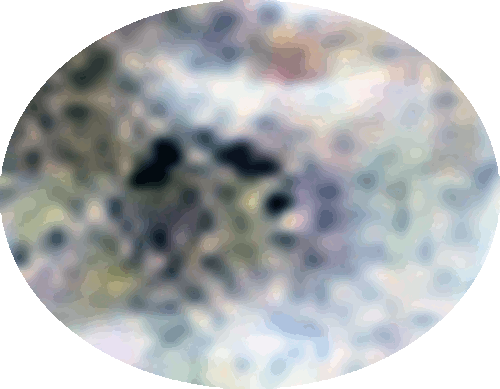 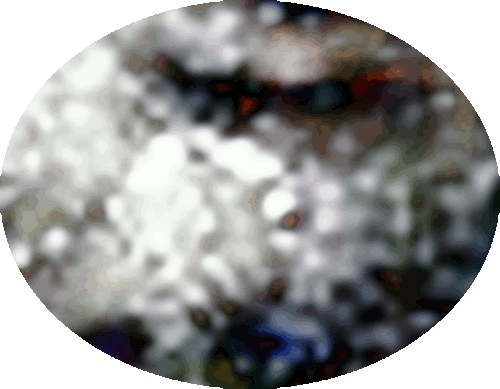
Metis as a fly living in Zeus - Nike
Leonardo
hid the fly (wife) on Jesus' chin |
|
- When Zeus learned that his wife, the Titaness Metis, would have a son who would be strong enough to overthrow him, he turned her into a fly and swallowed her.
- Zeus deceived her and put Athena in his own belly using
cunning words following the advice of his parents, Gaia
(Earth) and Ouranos (Heaven).
- Unknown to Zeus, Metis, still in the form of a fly, lived on in
his body while the baby grew.
- Metis also prepared for her child’s arrival into the world
by forging armor and weapons while still inside of Zeus' head.
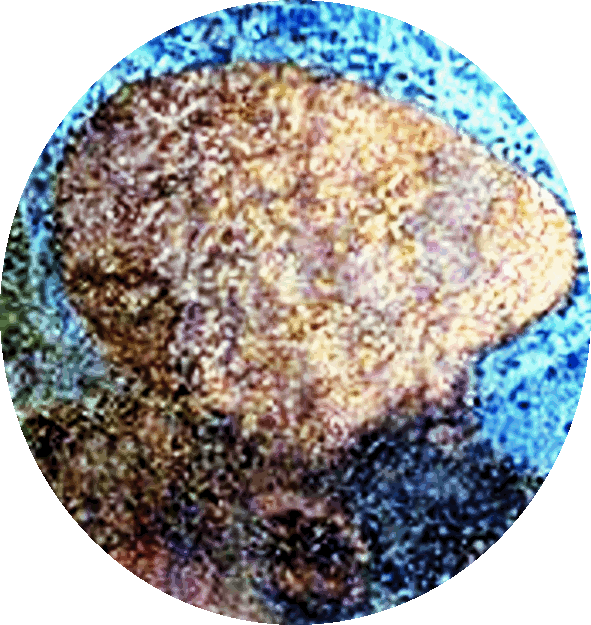
Balloon head,
sky father (Metis on left side) |
- Zeus took control of Athena's birth so
he could put her in his belly so that she would devise both
good and evil for him.
- Energy work.
|
Athena / Minerva |
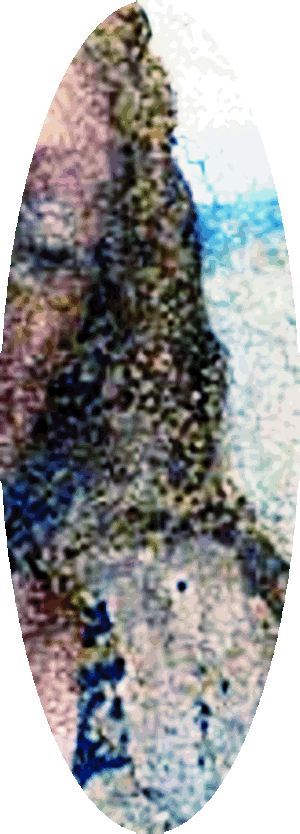
Goddess of wisdom and good counsel |
- Olympian Goddess Athena or Roman Minerva.
- Goddess of wisdom and good counsel, war, weaving, pottery and
handicrafts.
- Vase.
- She was one of only three virgin goddesses, next to Artemis
and Hestia.
- She protected many cities in Greece such as
Athens which she was named after.
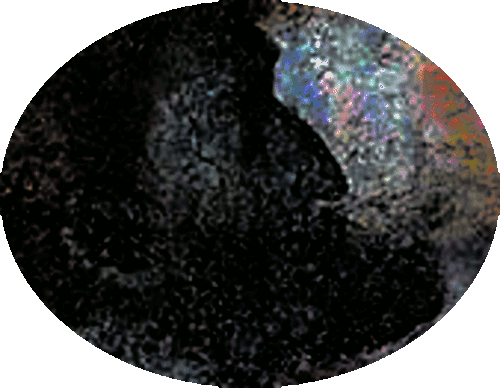
Athena born from the head
(words) of her father Zeus |
- Zeus asked Hephaestus, the smith, to smash open his skull to release whatever was causing his constant pain.
-
The blinding headache
was caused by all the hammering and banging that Metis was
making inside his head
- Athena came out after Zeus split
his skull open.
- Born without a mother,
Athena was full-born inside Zeus and
escaped through Zeus'
forehead dressed in the armor that Metis forged for her.
|
Hera / Juno |
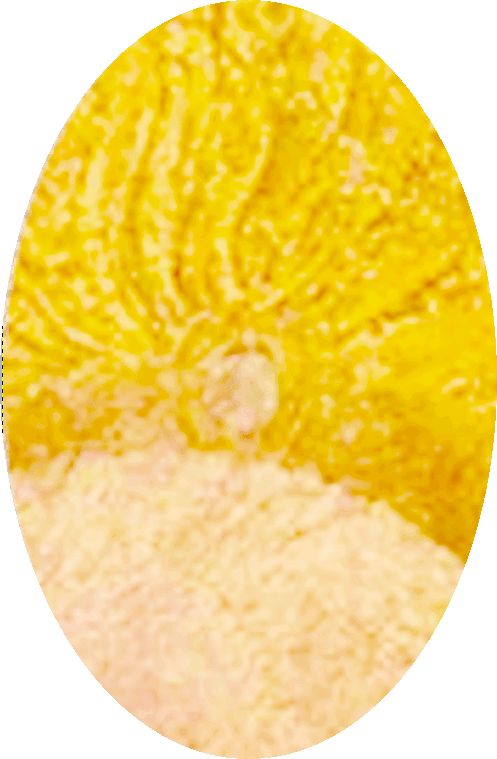
The Queen of Heaven |
- Hera, was the sister and wife of Zeus, and the other half of the archetypal divine couple in the Greek mythology.
- She is known as the Queen of Gods, and the goddess of
women, marriage, skies, stars and childbirth.
- Hera’s symbols were royal scepters and thrones;
as well as the ornamented headbands/crowns known as ‘diadems’, lotus flowers, lilies, peacock feathers, cows, lions and panthers.
- Hera was called 'cow-faced,' although she was also
known as the chief among the immortals in beauty.
- She was known to be jealous and vengeful towards the many lovers and offspring of her husband Zeus.
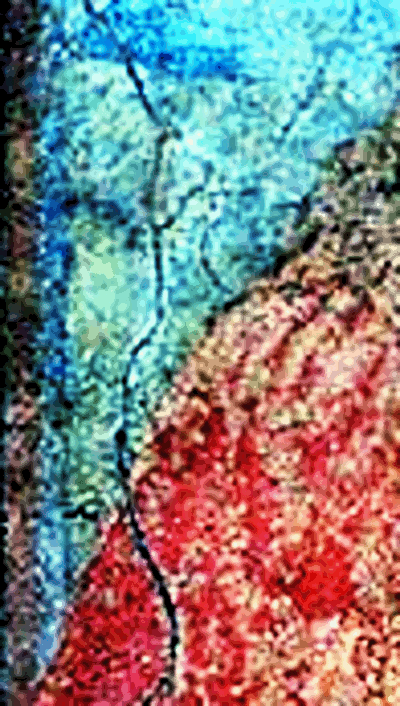
Hera jealous of Zeus |
- Hera raised a storm at sea in order to drive Heracles out
and kill him due to her jealousy.
- Zeus became so angry that he hung her in the clouds by a golden chain, and attached heavy anvils to her feet.
- Her son Hephaestus tried to release her from her humiliating position,
and Zeus threw him out of heaven, and his leg was broken by the fall.
- She had the power of reproduction and produced her son
Hephaestus without Zeus help.
- She could turn humans into
beasts or make them insane.
- Hera had few, if any, redeeming qualities
and she never forgot an injury.
One of the most notable myths is her pursuit of Leto, who was pregnant with Zeus’s children, Artemis and Apollo. Hera’s ban on Leto giving birth on solid land highlights her vengeful nature, yet it also underscores her profound influence over the earth and its creatures. (greekgodsandgoddesses.net)
|
|
Triton / Neptune |
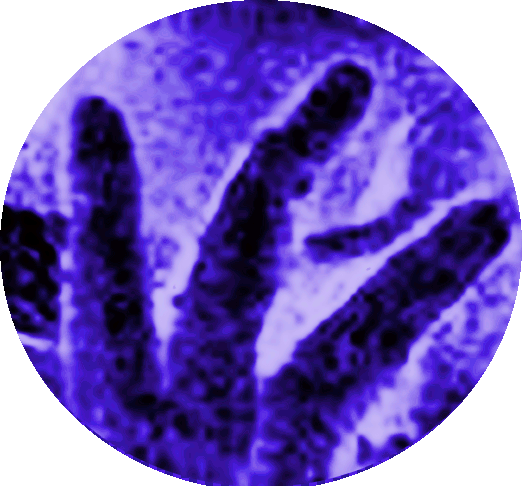
Triton fork |
-
Athena's birth took place by the banks of the Trito.
-
She was fostered by her cousin, Triton, Greek god of the sea.
- Triton was the son of Poseidon and Amphitrite, god and goddess of the sea.
-
He is usually represented as a merman, with the upper body of a human and the lower body of a fish
(with tail).
- He was the messenger or herald for his
father.
- Triton lived with his parents in underwater golden palaces.
- Blew a conch shell like a trumpet.
|
Triton Moon |
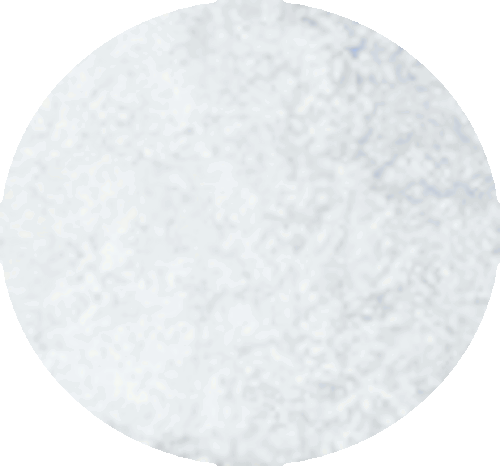
Neptunian Moon full |
- Triton was the first Neptunian moon to be discovered and
is named after the Greek sea god Triton.
- It is the largest natural satellite of the planet
Neptune.
|
Pallas |

Nymph |
- Another generation of the story, tells how Athena was born
elsewhere and taken to Tritonis in Libya to be raised by a nymph named
Pallas, who was the daughter of sea god Triton, and
granddaughter of Poseidon and Amphitrite.
- This is why she is also known as Pallas Athena.
- The name Pallas was used by everyone from Titans to minor heroes
as a noble title in both Greece and Rome.
- In Greek, the
name Pallas stood for both 'one who brandishes a spear' (which
all fighters in Greece did) and it also meant, young woman.
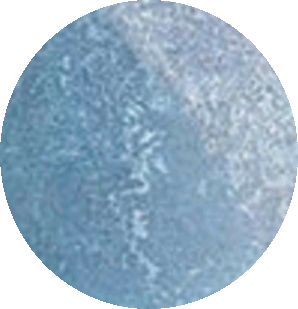
Pallas after death |
- Pallas and Athena trained together in the use of spears and shields.
- Athena accidentally killed her dearest friend one day when
they were practicing.
- Athena mourned the loss forever and
vowed that Pallas would never be forgotten.
Greek law and custom gave little distinction between intentional murder and an accidental killing, so even if the death had been a mistake the goddess still carried the blame. (mythologysource.com)
|
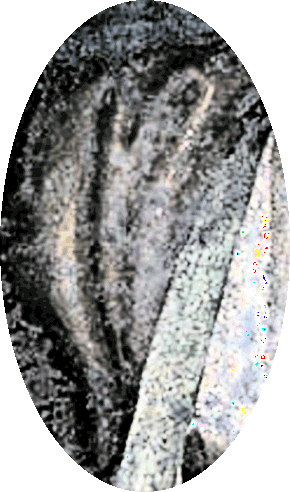
Palladium |
- Athena
fashioned a statue out of wood for Pallas in the Trojan Acropolis called
the Palladium which was said to have special properties.
-
As long as the statue stood, Athena ensured the protection of
the city.
- More precious than gold.
- A cursed seer
named Cassandra took refuge in the temple during the Trojan
War as the city of Athens was falling.
- She was hanging
onto the wooden statue of Athena when Ajax the Lesser found
her and tore her away causing damage to the statue.
- He then raped Cassandra in Athena’s temple, enraging the goddess with his sacrilege and desecration of her temple.
Although Athena took the side of the Greeks in the Trojan War, the Palladium ensured that she would not condone the complete destruction of Troy. She still offered protection to those who worshiped in her temple within Troy’s walls. (mythologysource.com)
|
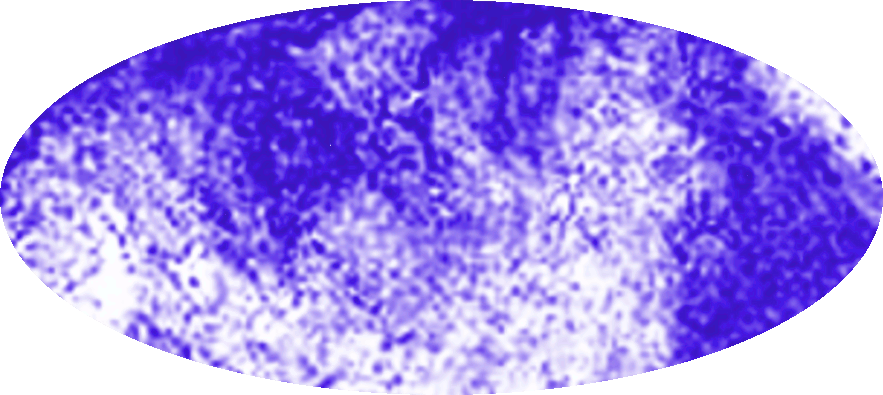
Storm sent by Athena |
- Athena was infuriated by the damage caused by Ajax, and
the violation of her temple.
- She had Poseidon send a storm against them as
they left the city that destroyed much of the Greek fleet and
scattered the ships that remained.
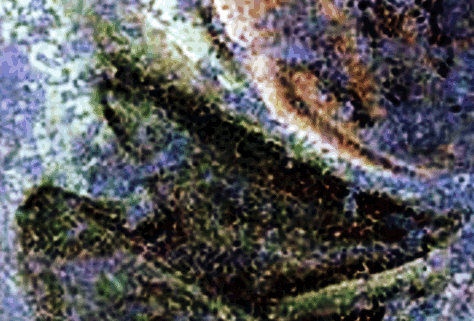
Ajax’s ships |
- Ajax’s ships crashed onto rocks, but he survived,
and shouted to the heavens, “not even the gods can kill me!”
- This infuriated Poseidon, who split the rock Ajax was clutching, causing him to fall into the sea and drown.
According to many mythographers, the protective statue was stolen by Odysseus and Diomedes to ensure Troy’s fall. Centuries later, the Roman temple of Vesta claimed to still possess the original statue. (mythologysource.com)
|
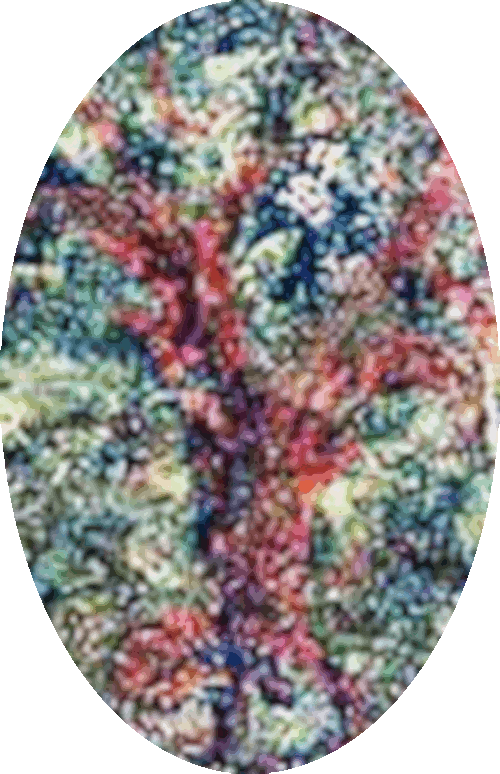
Olive tree |
- Athena's major symbols include Nike, owls,
olive trees, snakes, and the Gorgoneion.
Of Pallas Athena, guardian of the city,
I begin to sing. Dread is she,
and with Ares she loves the deeds of war,
the sack of cities and the shouting and the battle.
It is she who saves the people
as they go to war and come back. Hail, goddess,
and give us good fortune and happiness!
(Homeric Hymn 11 to Athena, translated
by Evelyn-White)
|
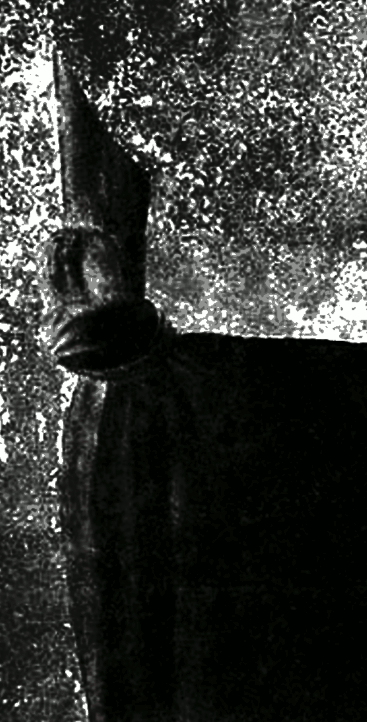
Shield and spear |
- Woman armed with a shield and spear, and wearing a long robe
and helmet.
- As the favorite child of Zeus, Athena had great power.
She was known as Polias and Poliouchos (both derived from polis, meaning "city-state"), and her temples were usually located atop the fortified acropolis in the central part of the city.
The Parthenon on the Athenian Acropolis is
dedicated to her, along with numerous other temples
and monuments. (Wikipedia)
|
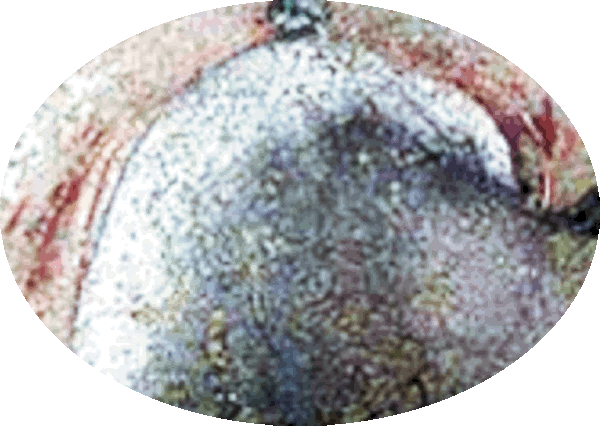
Athena
Sea eagle |
- In the third book of the Odyssey, Athena, bird goddess, takes the form of
a sea-eagle.
- Much like goddess Inanna, Athena is also
closely linked with creation and both are terrifying war goddesses.
- Athena invented the bridle, bit, chariot, and wagon.
-
The temple of Athena Chalinitis; "the bridler."
|
Pallas |
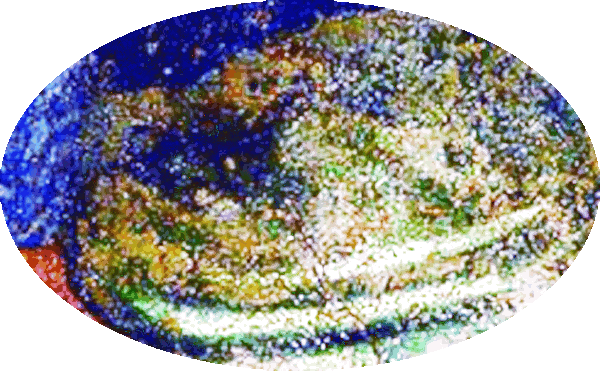
Giant |
- Pallas was also the given name of one of the many Giants who fought against the Olympians shortly after they rose to power.
- The Giants were the children of Gaia by the blood of the
castrated Uranus.
- They were called upon by their mother to challenge the new gods for imprisoning the Titans.
- In the Bibliotheca, Pseudo-Apollodorus described individual battles between the gods and named Giants they slew.
- As ruler of heaven, Zeus led the gods to victory against the Giants
who were the offspring of Gaea and Tartarus, and successfully
stopped many revolts launched against him by his fellow gods.
|
Arachne |
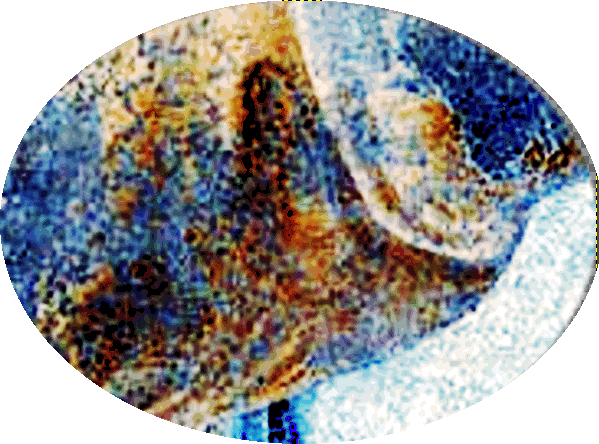
Weaving a tapestry |
- Athena was quick to punish mortals who thought they
were equal to the gods.
- Arachne, the weaver, claimed
that her weaving was as good as Athena's.
- When Athena
found out, she challenged Arachne to a contest of weaving and
she wove a tapestry that depicted mortals who challenged the
gods and were punished.
- Arachne responded by weaving a
tapestry that showed the Olympic gods scandalous behavior.
- Both their tapestries were of equal quality and Athena was
so mad she beat Arachne mercilessly who was so upset, she hung
herself.
- Athena then turned Arachne into a spider and
named the tiny animal in Greek.
|
Evander |
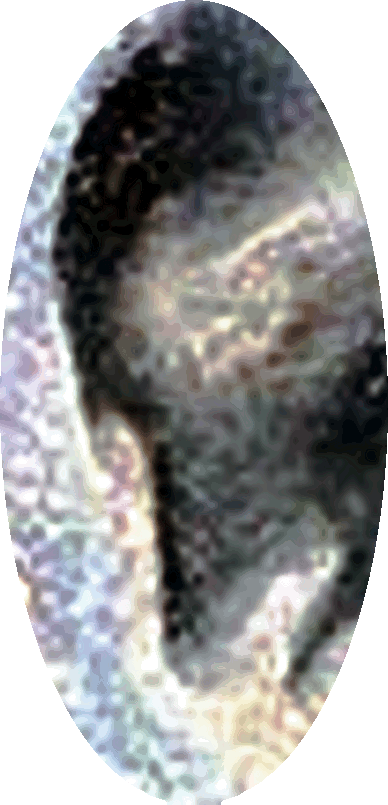
Teacher of Athena and founder of early Rome |
- A former teacher of Athena was the father of Chryse, who married Dardanus
who took the Palladium with her to Troy.
- Chryse and Dardanus had a son named, Evander (good,
strong man), who was born in Arcadia, Greece.
- Evander left his homeland some
60 years before the Trojan War and traveled to Italy.
- He
founded the city of Pallantium, named for his father on the
future site of Palatine Hill, Rome.
- He brought the pantheon,
Greek laws, Greek alphabet, religion and culture to Italy.

Rome’s seven hills |
- Evander was
worshiped as a god in Rome. His daughter, Lavinia, had a son with Heracles who she named Pallas.
- To this day, the central of Rome’s seven hills also retains the name of Pallas.
Evander was deified after his death and an altar was constructed to him on the Aventine Hill. (Wikipedia)
|
|
Perseus |
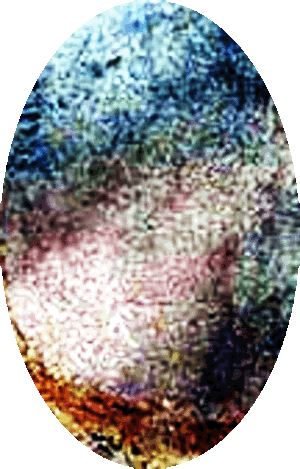
Slayer of monsters |
- Perseus was, along with Cadmus and Bellerophon,
his half-brother, the greatest Greek hero and slayer of monsters before the days of Heracles.
- He was the slayer of the Gorgon Medusa and the rescuer of Andromeda from a sea monster.
- Perseus, the destroyer, was the son of Zeus and the Argive princess Danaë,
a mortal, as well as the half-brother and great-grandfather of Heracles (as they were both children of Zeus).
- Goddess Athena was his divine half-sister.
On his mother’s side, this made Perseus a descendant of the first ruling dynasty of Argos, which traced its origin to the river god Inachus. (mythopedia.com)
|
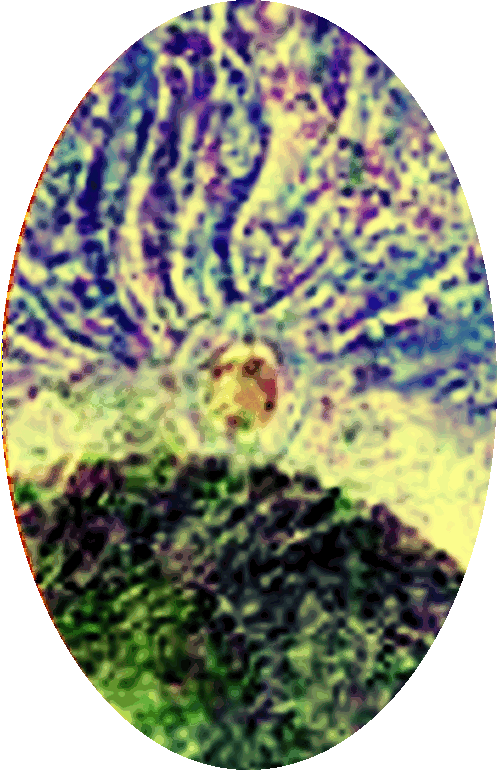
Shower of gold, Zeus |
- King Acrisius of Argos
who was Danaë's father, learned from the Oracle of Delphi that
he would have a grandson who would kill him so he locked Danaë
up to make sure she would be childless.
- She was imprisoned her in a room atop a bronze tower in
a dungeon in the the courtyard of his palace.
- Zeus came
to Danaë as a golden dust shower and not long after, Perseus
was born.
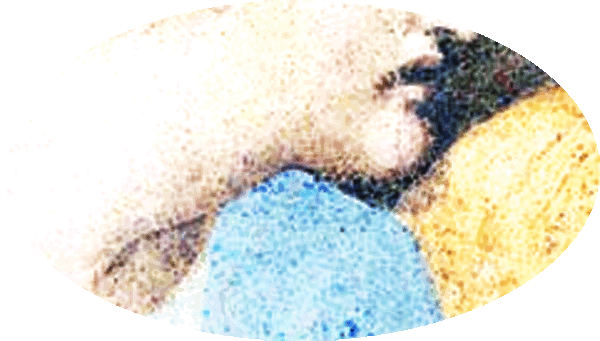
Cast into sea by King Acrisius |
- Perseus founded the city of Mycenae and the Perseid dynasty.
- Banished from Argos before he was born due to an ominous prophecy
given to his grandfather, King Acrisius.
- As an infant he was cast into the sea in a chest with his mother,
Danaë, by
King Acrisius.
- The chest floated safely to the island of Seriphos, where the mother and son were taken in by a kindly fisherman.
- Raised on a remote island.
- While passing through Ethiopia, Perseus rescued the princess Andromeda from a sea monster and made her his wife.
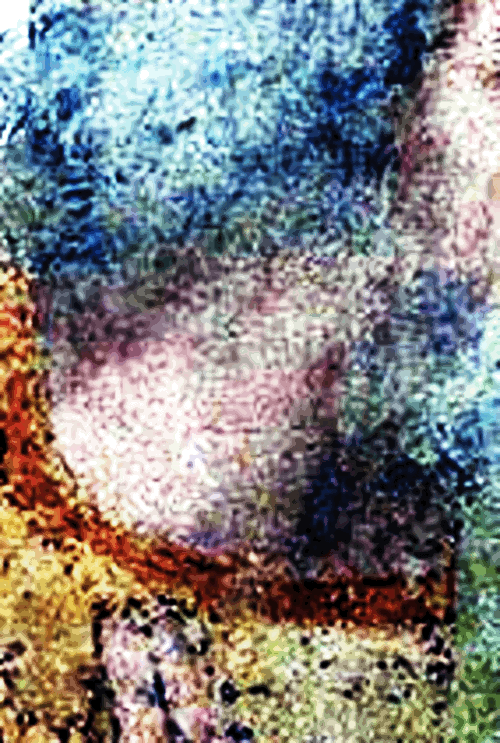
King Acrisius |
- Perseus traveled with his mother back to her native Argos, where he accidentally struck her father,
King Acrisius, dead when throwing the discus, thus fulfilling the prophecy that he would kill his grandfather.
-
King Polydectes fell in love with his mother, Danaë, and when
she rejected him, then he began plotting to get rid of Perseus.
After Perseus had grown up on the island of Seriphus, where the chest had grounded, King Polydectes of Seriphus, who desired Danaë, tricked Perseus into promising to obtain the head of Medusa, the only mortal among the Gorgons. (britannica.com)
|
|
Hesperides |

The nymphs of the evening |
- Polydectes held a large banquet at which each guest was ordered to bring him a gift
and from Perseus, the king demanded the head of Medusa; which was regarded as a nearly impossible task.
- Athena explained to him that only the Hesperides, the maidens guarding the grove of Hera, could tell him where to find Medusa and the Gorgons,
and first, Perseus needed to find the Hesperides.
- The
Hesperides were known as 'Daughters of the night' and 'Nymphs of the West' were the
daughters of Hesperus, embodiment of the 'west.'
The Hesperides tend a blissful garden in a far
western corner of the world, located near the Atlas
mountains in North Africa at the edge of the
encircling Oceanus the world ocean. According to Pliny
the Elder, the garden was located at Lixus, Morocco,
which was also the location where Hercules fought
against Antaeus.
(Wikipedia)
|
|
Graiae |
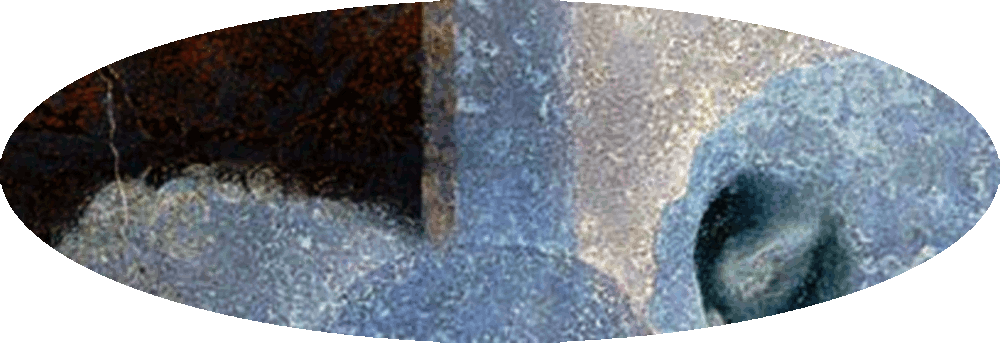
Sisters of the Gorgons |
- Perseus visited the Graiae, three old women who
shared a single eye between them, the sisters of the Gorgons,
to learn the whereabouts of the Hesperides.
- Sisters of
shared sight.
- Once equipped, Perseus went to the cave of the Gorgons.
Perseus pressed the Graiae, sisters of the Gorgons, into helping him by seizing the one eye and one tooth that the sisters shared and not returning them until they provided him with winged sandals (which enabled him to fly), the cap of Hades (which conferred invisibility), a curved sword, or sickle, to decapitate Medusa, and a bag in which to conceal the head. (britannica.com)
|
|
Medusa |
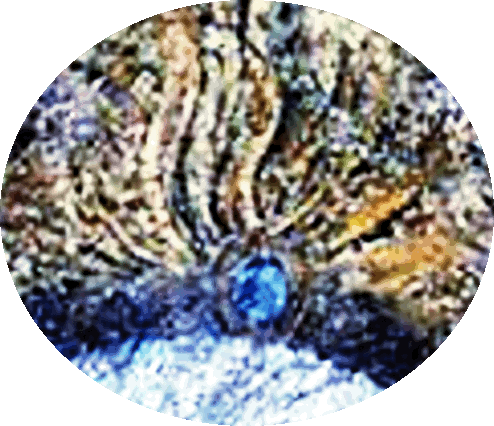
Tiera
of Medusa the Gorgon |
- Gorgon Medousa (Medusa).
- Medusa was a woman
with living snakes instead of hair.
- Her appearance was so hideous that anyone who looked upon her was turned to stone.
|
Gorgon |

Gorgon eyes |
- Athena transformed her priestess Medusa and
her two sisters, Stheno and Euryale, into the Gorgons after witnessing the young woman being raped by Poseidon
(Neptune) in the goddess's temple.
- The
Roman Ovid wrote that Medusa was originally beautiful but her
hair was turned into snakes after she angered Minerva (Athena)
for 'mating' with Neptune (Poseidon).
- Medusa was the only one of the sisters who was mortal, unlike the Gorgons, she was sometimes represented as very beautiful.
- They were the daughters of Phorcys and Ceto.

Perseus sword from Hermes |
- Medusa was beheaded by Perseus, who had help from Hermes and Athena, who then used her head to
turn others to stone (until Athena placed the head on her
aegis).
- Perseus had help from the gods, who gave him the tools he needed to fight Medusa: an adamant sickle, a mirror-polished shield, winged sandals, Hades’ helmet of invisibility, and a special satchel to
hold the Gorgon’s head.
- Hermes gave him a sword and Perseus guided himself by her reflection
in a shield (so he wouldn't die from looking at her) given him by Athena and beheaded Medusa as she slept.
- From the blood that spurted from her neck rose Chrysaor and Pegasus, her two sons by Poseidon.
- Using Hades’ helmet of invisibility, Perseus stole away Medusa’s severed head and escaped.
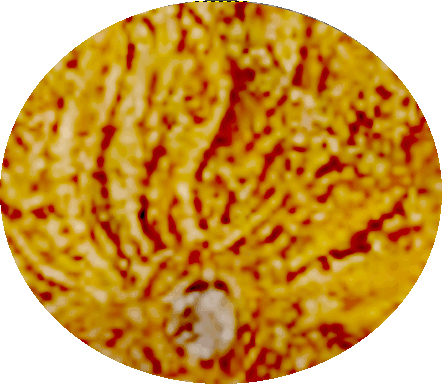
Athena shield/aegis |
- Pallas was one of the Giants that Athena slew and she used
his skin to create her famous aegis, or shield.
- Athena's aegis
had the severed head of Medusa and anyone who looked at it
turned to stone.
- Perseus gave her Medusa’s head in gratitude for her
help in helping him kill the Gorgon.
|
Andromeda |
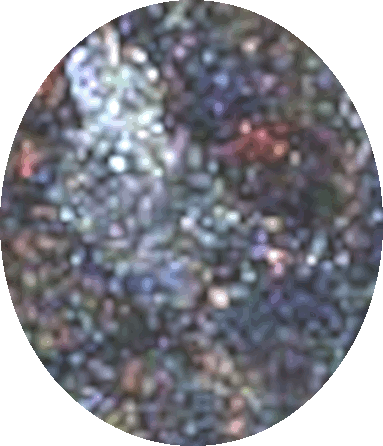
Andromeda constellation |
- Andromeda was an Eastern princess.
- She was
daughter of King Cepheus of Ethiopia.
- Her mother, Cassiopeia, had offended the sea gods by boasting of her
own beauty.
- She also boasted that her daughter,
Andromeda, surpassed the Halia Nereid nymphs in beauty.
- In astronomy,
Andromeda, one of the closest constellations to Earth and
visible to the naked eye, is a constellation of the northern sky at about one hour right ascension and 40° north declination.
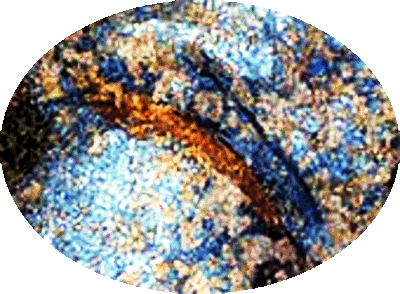
Chained to a cliff |
-
Cassiopeia and her husband Cepheus asked the advice of an
oracle that told them they should sacrifice their daughter to
the monster, in order to appease the god.
- As punishment for this arrogance,
Andromeda, princess of Ethiopia, was chained to a cliff on the seashore to be
eaten by a sea monster Cetus, a sea serpent, who was sent by Poseidon.
- Andromeda bore Perseus six sons and a daughter.
- According to Apollodorus, Perseus had six sons (Perses,
Alcaeus, Sthenelus, Heleus, Mestor, and Electryon) and one
daughter (Gorgophone).
Perseus happened to be passing by at this time. Seeing the beautiful girl chained to a rock, he killed the sea monster and returned her to her parents. In gratitude, Cassiopeia and her husband Cepheus gave Andromeda to Perseus in marriage. (mythopedia.com)
|
|
Cetus |
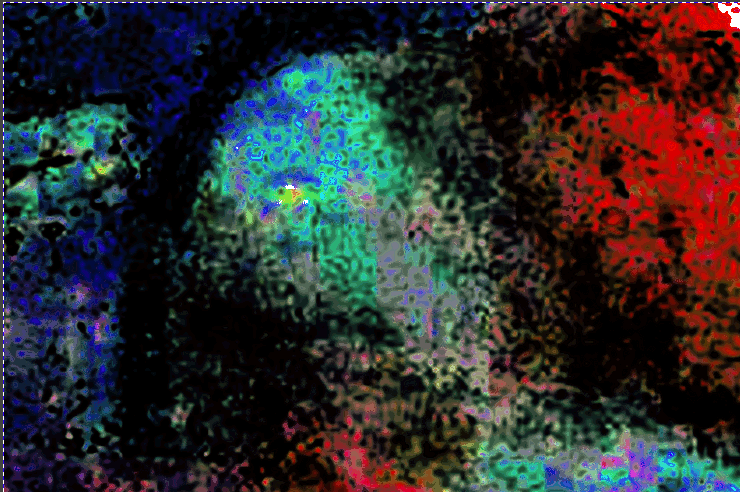
Sea monster |
- Poseidon was infuriated by the insolence of the mortal woman, and sent a sea monster named Cetus to
flood and destroy the shores of the region.
- Just before Cetus attacked Andromeda, Perseus appeared and freed Andromeda and either slew the monster with his sword, or used Medusa's head to turn it to stone.
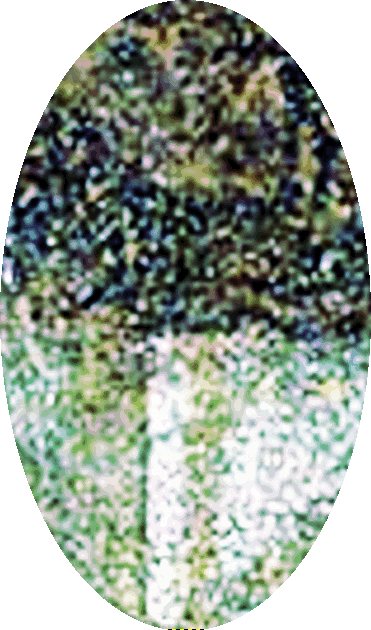
Olive tree and Poseidon |
- Athena beat
Poseidon in a competition over patronage of the city by creating the first olive tree.
- In the west, Athena is often used to represent freedom and
democracy.
- She presided over the Athenai, a sisterhood devoted to her worship
in Athens.
|
Poseidon / Neptune |

Storm god
of sea |
- Poseidon presided over the sea, storms, earthquakes and
horses.
- He
was the son of Cronus and Rhea.
- Poseidon sired Pegasus,
horse-god, who was half man, half winged-horse, along with
Medusa who was the foal.
- He was
also the father of Triton, god of the sea, a merman, who he fathered
with Amphitrite, goddess of the sea.
- He dwelt with his
family in underwater golden palaces.
- Pegasus was the
twin brother of Chrysaor, who was usually depicted as either a giant or a winged boar.
- Both were born when their mother was
decapitated by Perseus and they sprang from Medusa's corpse.
- Poseidon and Athena were in competition to be guardian of
Athens and he gave the city a beautiful spring, but the water was salty and useless;
Athena gave them an olive tree that produced wood, oil and
fruit, and she won the guardianship.
|
Neptune |
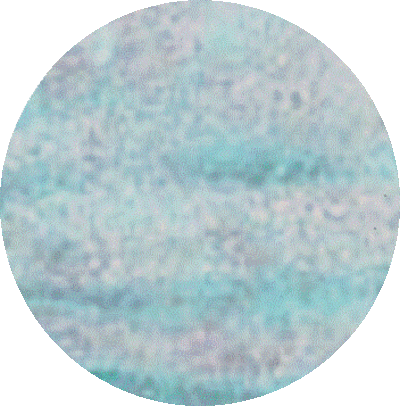
8th planet from the Sun |
- 3 new moons discovered around Uranus and Neptune will be named after Shakespeare characters and Greek goddesses.
- Planet of wind and ice.
- In astrology, Neptune (unconsciousness ) rules
the 12th house and signifies endings and spirituality and s associated with the zodiac sign Pisces.
Reality doesn't exist here.
Dreams, intuition and psychic ability, private, hidden from
view. Final house and zodiac sign.
- In Tarot, Neptune represents the 12th house; subconscious, dreams, and fantasies.
- The 'hangman'
(Neptune energy) is the conduit and is the bridge (channel)
who lives in between two realities, realm of physical and
spiritual at the exact same time.
Pegasus
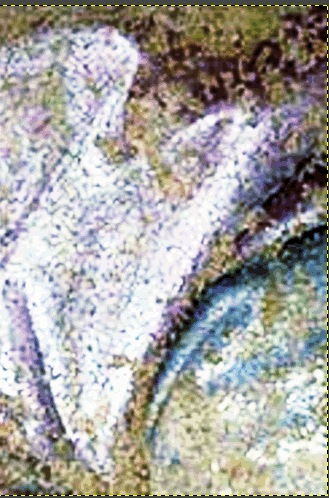
Winged horse |
|
- Pegasus is a winged horse in Greek mythology, usually depicted as a white stallion.
- He was sired by Poseidon, as horse-god, and foaled by
the Gorgon Medusa.
-
Perseus was an ancient Greek hero tasked with killing Medusa.
- Pegasus was the brother of Chrysaor, their mother was
decapitated by Perseus.
- Pegasus flew off to Mount Olympus after birth, where the flying horse came to live in Zeus’ palace
where he was given the duty of carrying the thunder and lightning
bolts.
- The constellation Pegasus was created in the heavens to honor him.
- Pegasus’ nephew was Geryon, a monster with three bodies who was slain by Heracles.
And when Perseus cut off her head from her neck, out sprang great Chrysaor and the horse Pegasus. He was so named because he was born beside the waters of Oceanus, while the other was born with a golden sword in his hands. (Hesiod's Theogony)
|
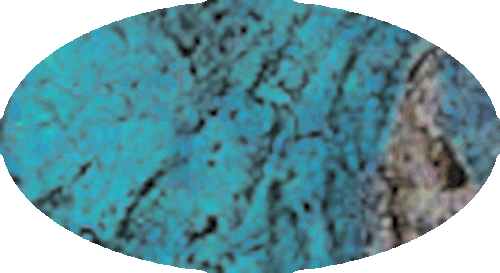
Hippocrene |
|
- Pegasus created the Hippocrene; the fountain on Mount Helicon,
when he struck his hoof into the ground.
- Steed/Horse's Fountain
inspires poetry and as a source of divine inspiration.
A woman moved is like a fountain troubled, Muddy, ill-seeming, thick, bereft of beauty. (Shakespeare, The Taming Of The Shrew)
|
|
Chimera |
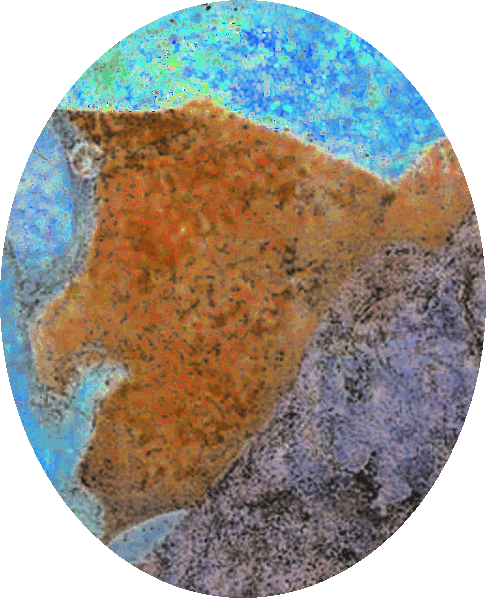
Hybrid |
-
Chimera was a monstrous fire-breathing hybrid creature from Lycia, Asia Minor,
made up of many different animal parts (lion, goat, snake).
- It was
the offspring of Typhon and Echidna.
She was of divine stock not of men, in the fore part a lion, in the hinder a serpent, and in the midst a goat, breathing forth in terrible wise the might of blazing fire. (Homer,
Iliad)
|
|
Bellerophon |
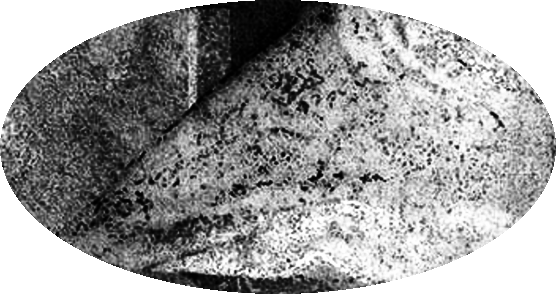
Winged horse |
- Corinthian hero, Bellerophon’s (another of Poseidon's
sons) travels took him to Lydia, where the king, Iobates, dispatched him to kill the
monstrous, fire-breathing Chimera.
- Pegasus was captured by Bellerophon,
near the fountain Peirene, with the help of Athena and
Poseidon, where he was tamed and bridled by Bellerophon, and together they fought and killed the Chimera.
- They were winged horse half-brothers.
- Both Pegasus and Bellerophon died at the hands of
Poseidon while trying to reach Mount Olympus.
Hermes / Mercury / Thoth
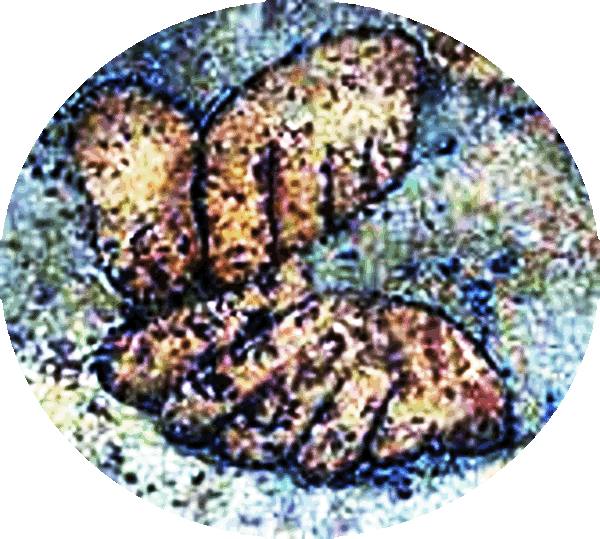
God of fertility
wings on head |
|
- Hermes (Mercury), Greek god of fertility, was the son of Zeus and
the Pleiad Maia (Casmilus/Cadmilus, of the Cabeiri).
-
Hermes means 'heap of stones' which in the country indicates boundaries or landmark.
- The earliest center of his cult was Arcadia, where Mt. Cyllene was reputed to be his birthplace.
- Hermes carried a purse (money-bag) that represented his role as the Greek god of riches, trade and good fortune and the Roman god of trade, profit, merchants,
thieves and travelers.
- Guide to the Underworld.
- During the Sumerian period, he was represented by Gud,
god of rains, agricultural fertility and harvest abundance.
- In Babylon, he was known as Nebo (Nebu)
who was the son of Marduk, king of the gods. Nebo became the scribe of the gods
and he had the job of logging the new edicts and laws, and passing
them on to the citizens.
|
|

Petasos hat |
- To the Egyptians, he was
Thoth, known as messenger of the gods.
In his job as messenger, Hermes wears a
broad-rimmed traveller's hat called a "petasos" or
"petasus", and also "talaria" or winged sandals made
of "imperishable gold which bore him swift as a breath
of air over sea and Earth" and he carries the
"cadeuceus" or herald's staff. (eso.org)
|
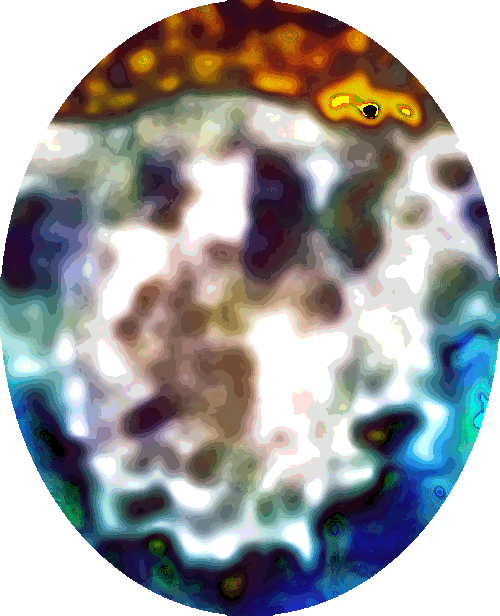
Cows |
-
Five minutes after he was born, Hermes stole a herd of cows from his brother, the sun god Apollo,
hiding their trail by making the herd walk backward.
- When Apollo
discovered the theft, Hermes denied it.
- The brothers were reconciled when Hermes gave Apollo his newly invented lyre and received from him in exchange the herald's staff (cadeuceus).
- Hermes once used the cadeuceus to separate two fighting
snakes who then twined themselves together in peace.
- The
cadeuceus is said to be able to charm men's eyes into sleep.
Greet Asyncritus, Phlegon, Hermes, Patrobas, Hermas and the other brothers and sisters with them. (Romans 16:14)
|
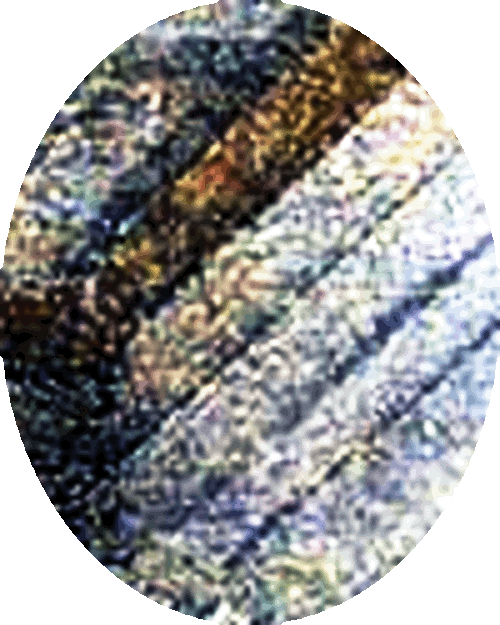
Hermes Lyre |
- Hermes found a tortoise and he took the shell, made holes in the opposite edges, and pulled cords of linen through them, in honor of the nine Muses.
- With this instrument Apollo made the best music in the universe.
- Hermes also created the shepherd-pipe, similar to the pipes (flutes) used by his future son, Pan,
god of shepherds, who was born from his relationship with Penelope.
- No wife of Hermes has been clearly identified and he was rather promiscuous.
- With the goddess of love and beauty, Aphrodite, another offspring of Zeus, he had a daughter, Peitho,
who personified persuasion and seduction.
- Hermes and
Aphrodite had at least two other daughters, Tyche and Eunomia
and they also had a son, Hermaphroditus, who had both masculine and feminine traits.
-
Another son of Hermes was Autolycus, the great thief who was the offspring of Chione and Hermes, and the grandfather of the famous hero Odysseus.
Mercury, a Roman Christian. (Romans 16:14)
|
|
Egyptian Thoth Ibis |
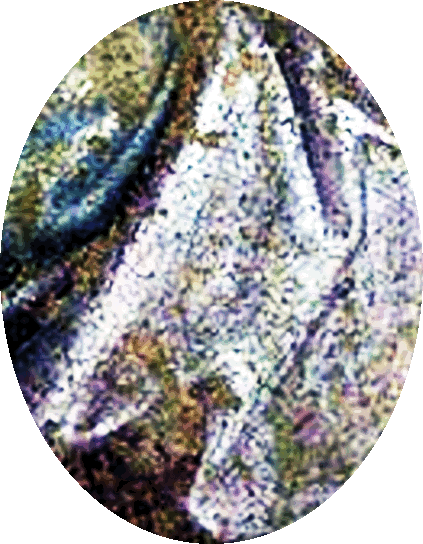
Winged |
- Hermes Trismegistus (Thrice-Greatest) is a
legendary Hellenistic period philosopher that originated from
a combination of the Greek god Hermes and the Egyptian god
Thoth.
- He is the purported author of the Hermetica, a widely diverse series of ancient and medieval
ideas that were the foundation of various philosophical systems known as Hermeticism.
- Combination of knowledge about the material and spiritual
world.
- Hermes Trismegistus was also mentioned in
Muslim and Baháʼí writings.
|
Mercury |
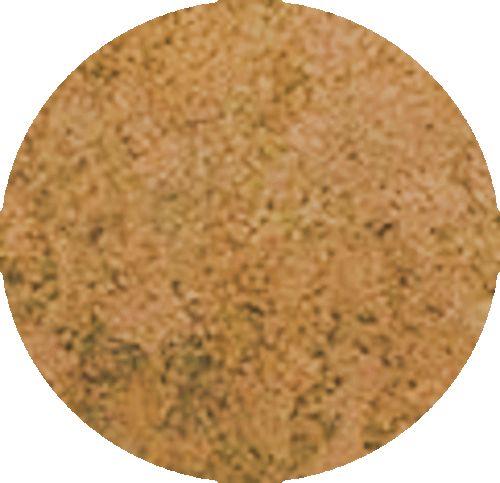
1st planet from the Sun |
- Smallest planet in the solar system.
-
It takes Mercury 88 days to complete one revolution in its orbit.
- In astrology, Mercury rules the 3rd house
(communication) and relates
to communication, early schooling, and siblings; tied to
zodiac sign Gemini. Also deals with thinking patterns, talking style, language, logic and technology.
-
Mercury rules the 6th house (work and health) and is associated with daily routines, work, and health;
linked to zodiac sign Virgo.
|
Pan |
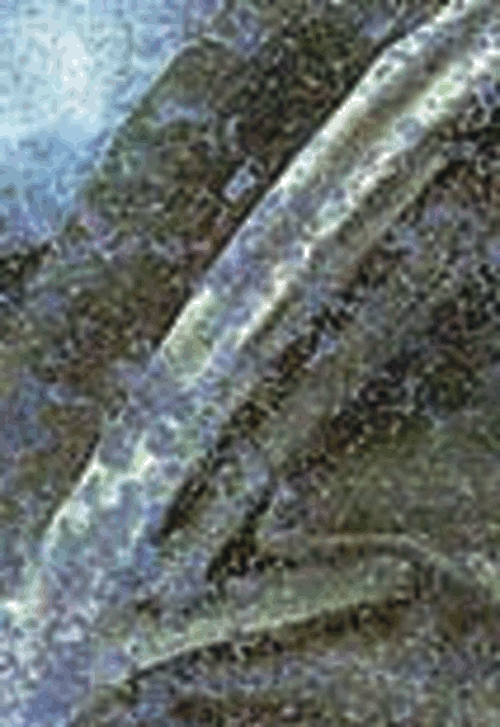
Pan pipes |
- Pan was the god of the wild, shepherds, hunters and flocks, rustic music and impromptus, and companion of the nymphs.
- He was the son of Hermes and Penelope.
- Pan was depicted as
half man; with the horns, legs and tail of a goat, a thick beard, stub nose and pointed ears.
- He is often seen in the company of Dionysus.
- Pan came from the rugged countryside of Arkadia (Arcadia),
where he played his panpipes and chased nymphs.
- Nymph Pitys, fled his advances and was transformed into a mountain-pine, the god's sacred tree.
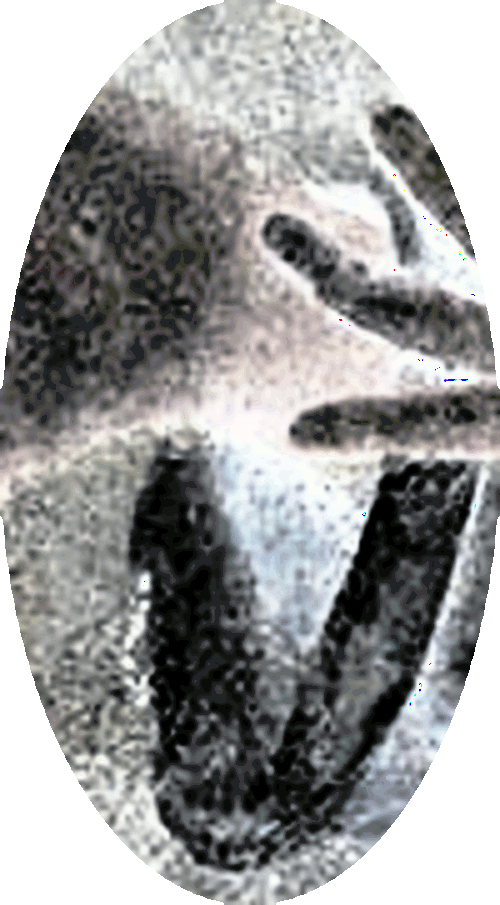
Pan crafting his pipes |
- Another nymph, Syrinx, escaped but was turned into a clump of reeds from which Pan crafted his pipes.
- A third nymph, Ekho (Echo), was cursed to fade away
because she spurned the god, all that was left behind was a voice to
echo his mountain cries.
- He was wed to the daughter of Dryopos (Dryops), who bore him
a child who looked just like him; with full beard, two horns,
and half-goat, half-man.
|
Aphrodite / Venus |
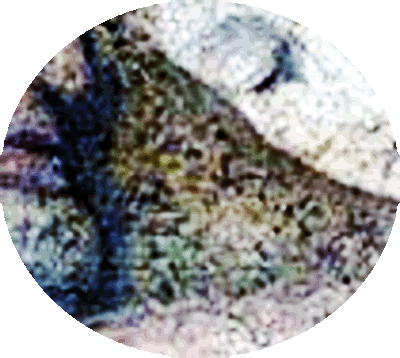
Love and beauty |
-
She was the daughter of Zeus and Dione according to Homer.
- Greek goddess of love and beauty, Aphrodite, was symbolized by the
dove.
- She had a daughter, Peitho,
who personified persuasion and seduction, with Hermes.
-
Her Roman counterpart was Venus, goddess of desire, sex, fertility, prosperity, and victory.
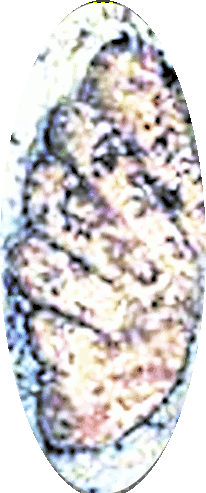
Seashell |
- Her symbols include seashells, myrtles, roses, doves, sparrows, and swans.
- Aphrodite was worshiped as a warrior goddess
and she was also the patron goddess of prostitutes.
-
Aphrodite was married to Hephaestus, the god of fire,
blacksmiths and metalworking; although she wasn't always
faithful to him.
- In the Odyssey, she is caught in the act of adultery with Ares, the god of war.
|
Venus |
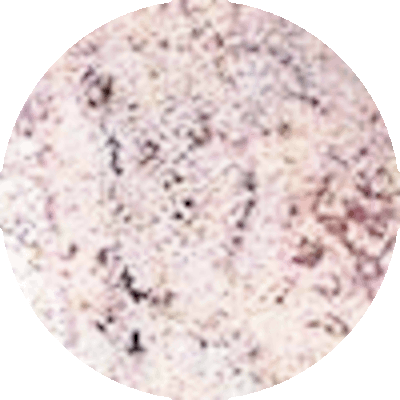
2nd planet from the Sun |
- In astrology, Venus is associated with the 2nd house
(possessions) and focuses on values, money and self-worth;
linked to Taurus which reveals our sense of self and security.
- Venus also rules the 7th house (partnerships) and focuses on committed partnerships,
relationships, personal and professional, contacts and
business deals; linked to zodiac sign Libra.
Relationships are about commitment and sharing, and they generally serve a purpose other than just having a good time together. They are long-lasting unions and bonds. (horoscope.com)
|
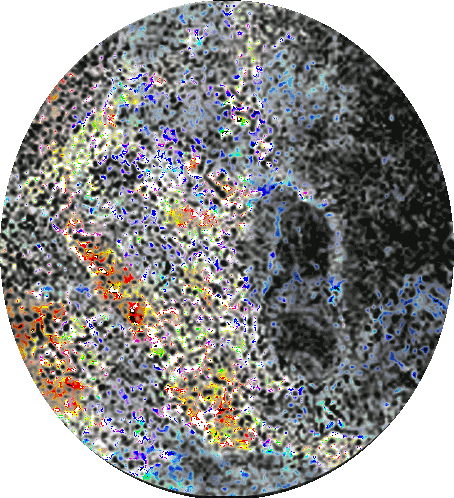
Ishtar of Babylon |
- Inanna,
Athena, Ishtar, Anat, Neith, Atrytone, Parthenos, Promachos, Polias, Areia, Aphrodite,
Astarte.
- The Earthly gods look and act exactly like real people because they were real people.
- Different places,
different spaces.
- Different stories for each generation.
|
Omphalos |
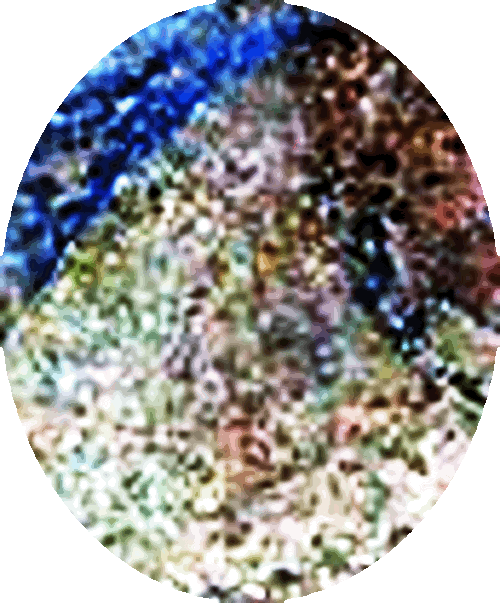
Stones at Delphi |
- Zeus set up the Omphalos stones at Delphi, Greece, as a
marvel for modern man.
- In order to find the true center
of the Earth, Zeus set two eagles to flight at opposite
corners of the world and where they crossed paths was Delphi.
- Because of that, Delphi is known as the 'naval of the
earth.'
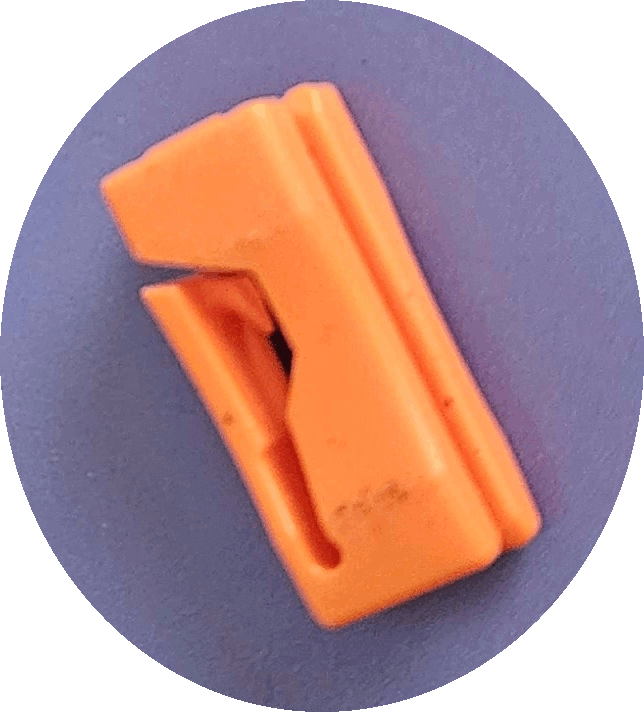
Easy slide glider |
- Trusted seal.
- Next to washing machine.
-
Elephant, kite, phoenix rising.
-
That sinking feeling.
|
Sun |
Moon |
Stars |
|
 |
 |
 |
|
Signed by Leonardo DaVinci
A new
day!
As above, so below. |
|
|
Motion is created by the destruction of balance.
Leonardo DaVinci

|

